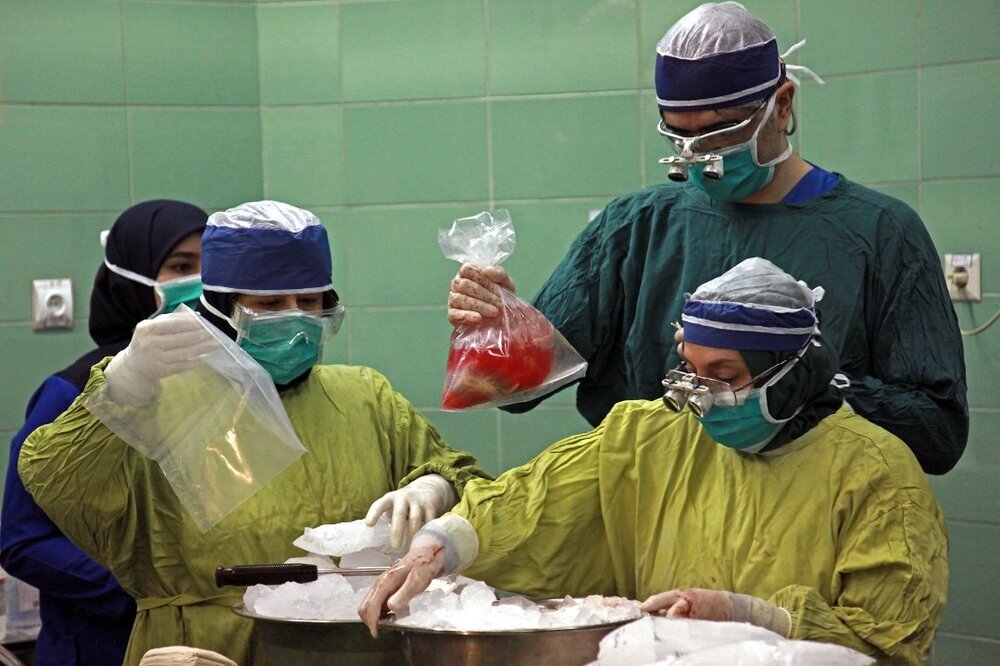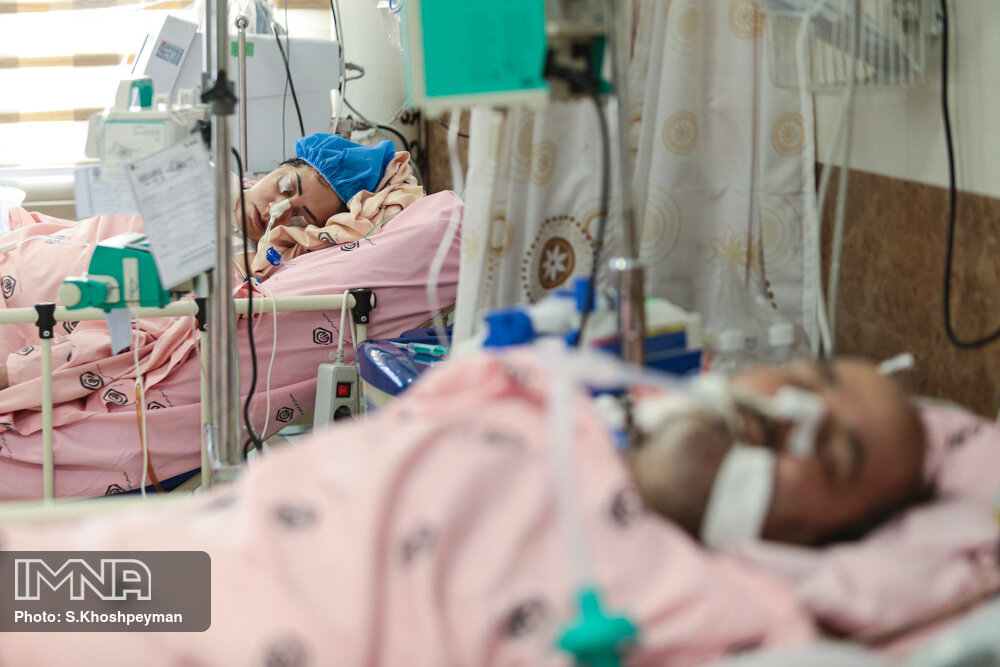Iran (IMNA) - Over time, there has been a noticeable increase in the demand for organ donors. The number of patients with end-stage organ failure has been rising, and because to advancements in transplantation, a larger percentage of these people are now eligible for organ transplantation. This growing demand is a result of these two factors.
Getting people to sign up as organ donors before a tragic circumstance arises is one of the major barriers to organ transplantation.
Being an organ donor is an uncommon situation. You must pass away at a hospital and your organs must be in good enough condition to be transplanted in order to be able to donate. People who are unable to give organs may be able to donate their eyes and tissue, bone, skin, and heart valves. One tissue donor can enhance the lives of more than 100 people, while one organ donor can save up to eight lives.
register as an organ donor
Transplant organs are often obtained from dead donors. Even if losing a loved one is a sad experience for friends and family, there is at least one chance for a happy ending thanks to organ donation. By making the decision to donate your organs in advance, you spare people who will be close to you from having to make this terrible choice and you spare precious time that could be used to improve the lives of patients.
Many people are hesitant to register as organ donors for a variety of reasons, including religious and cultural views, requests of family members, a desire to leave the corpse intact after death, and a general lack of understanding of the organ donation procedure. One particular concern is that organs would be harvested too soon, and that doctors will not go to the same efforts to save an organ donor as they would a non-donor patient.
Although individuals should be thoroughly informed about the need for donor organs and the simplicity of the registration process, private beliefs must nonetheless be respected and safeguarded. Every individual who decides to donate their organs raises the likelihood that someone on the waiting list may get a life-saving transplant.
At the end of the organ donation festival at Shahid Beheshti University of Medical Sciences on June 29 , the head of the Transplantation and Treatment Management Center of Iran’s Ministry of Health, Amir Hossam Alirezaei, announced that Iran topped the chart in organ donation in the Middle East and ranked 36th in the world; now 65 thousand patients have received organ transplants.

Amir Hossam Alirezaei added that 925 organ donations were performed last year in the country, and now 25 thousand patients are on the organ transplant waiting list, and the daily average is 7-10 patients in need of organs die. Tragically, 7 to 10 individuals pass away while awaiting an organ transplant every day.
While many people are interested in donating their organs and tissues, misconceptions about the process prevent some of them from doing so.
In case of brain death, the treating neurologist, together with the ICU staff, informs the family of their loved one's situation. The family should be given ample time to mourn their loved one's death, as the thought of brain death with a beating heart may be difficult to comprehend and accept.
Persuade families to donate their loved one’s organs
An organ donor coordinator is a person chosen by the hospital to coordinate all matters connected to the removal or transplantation of human organs, tissues, or both, as well as to help authorities in the removal of human organs. The transplant coordinator collaborates closely with the medical and nursing teams, as well as the donor family.
The key to convincing a family to give a loved one's organs is to never ask them. Take the time to feel what they have lost, whether it is a mother or a father, and allow them to express how they are feeling.

Coordinators have a difficult task. Deadlines must be met, documentation must be finished, there is little time to eat or sleep, and yet lives must be saved.
It is also extremely tough to say farewell to a loved one who is brain dead.
In the midst of it all, coordinators must manage a smile, a reassuring word, a delicate touch, a phone call, a glass of water for the family, and a tear.
Then its time to say goodbye, then welcome a new spirit.


Your Comment